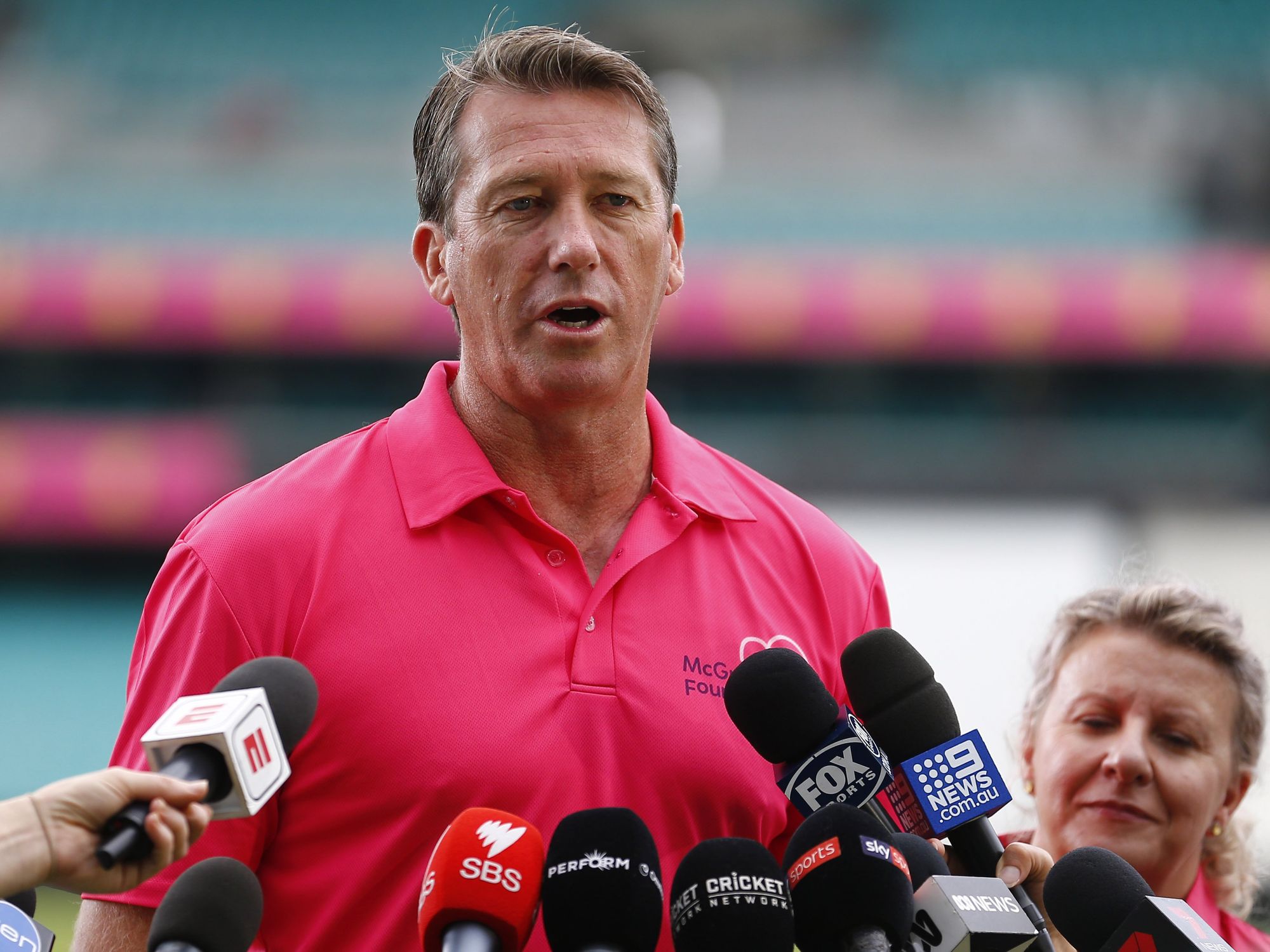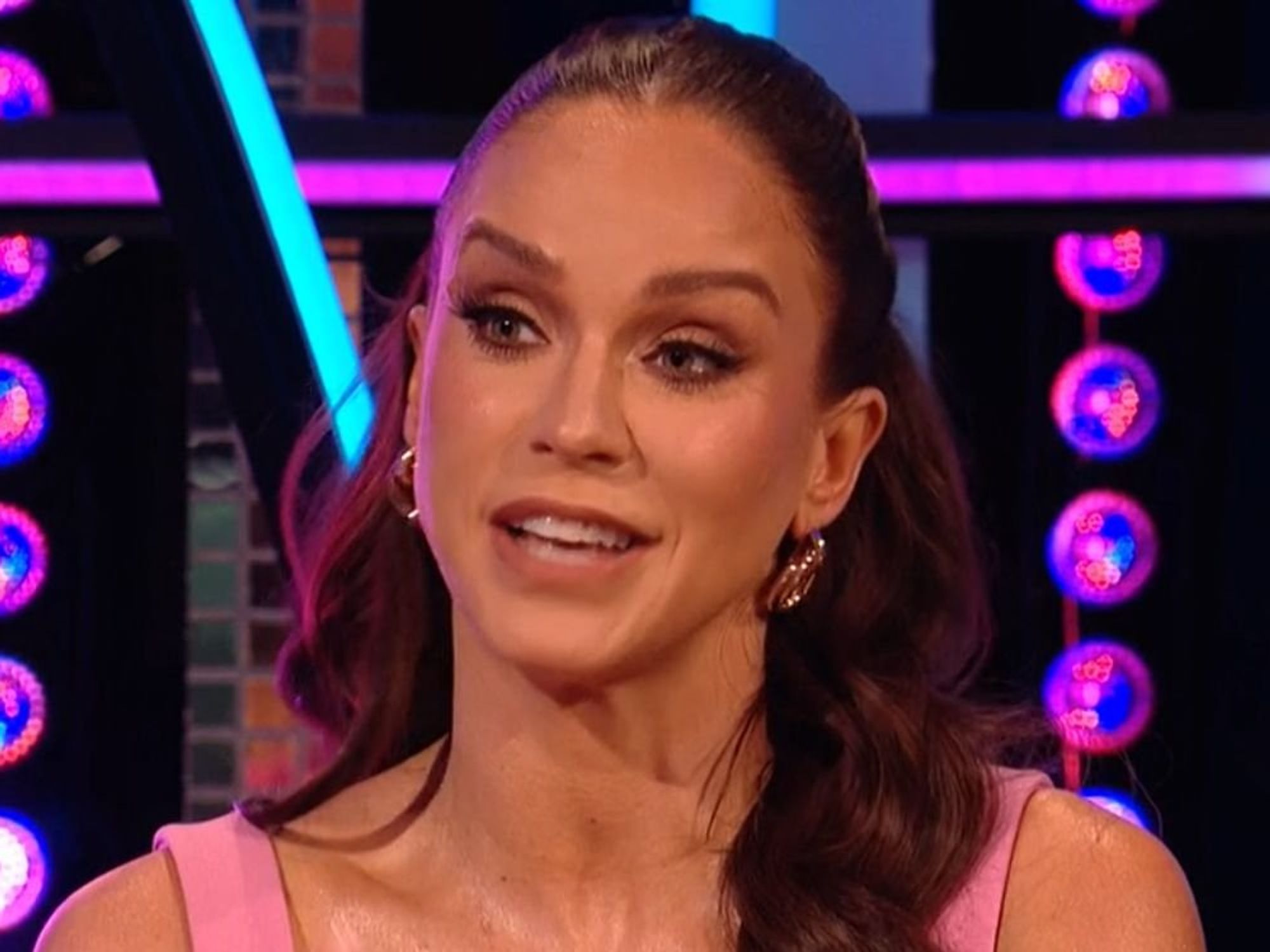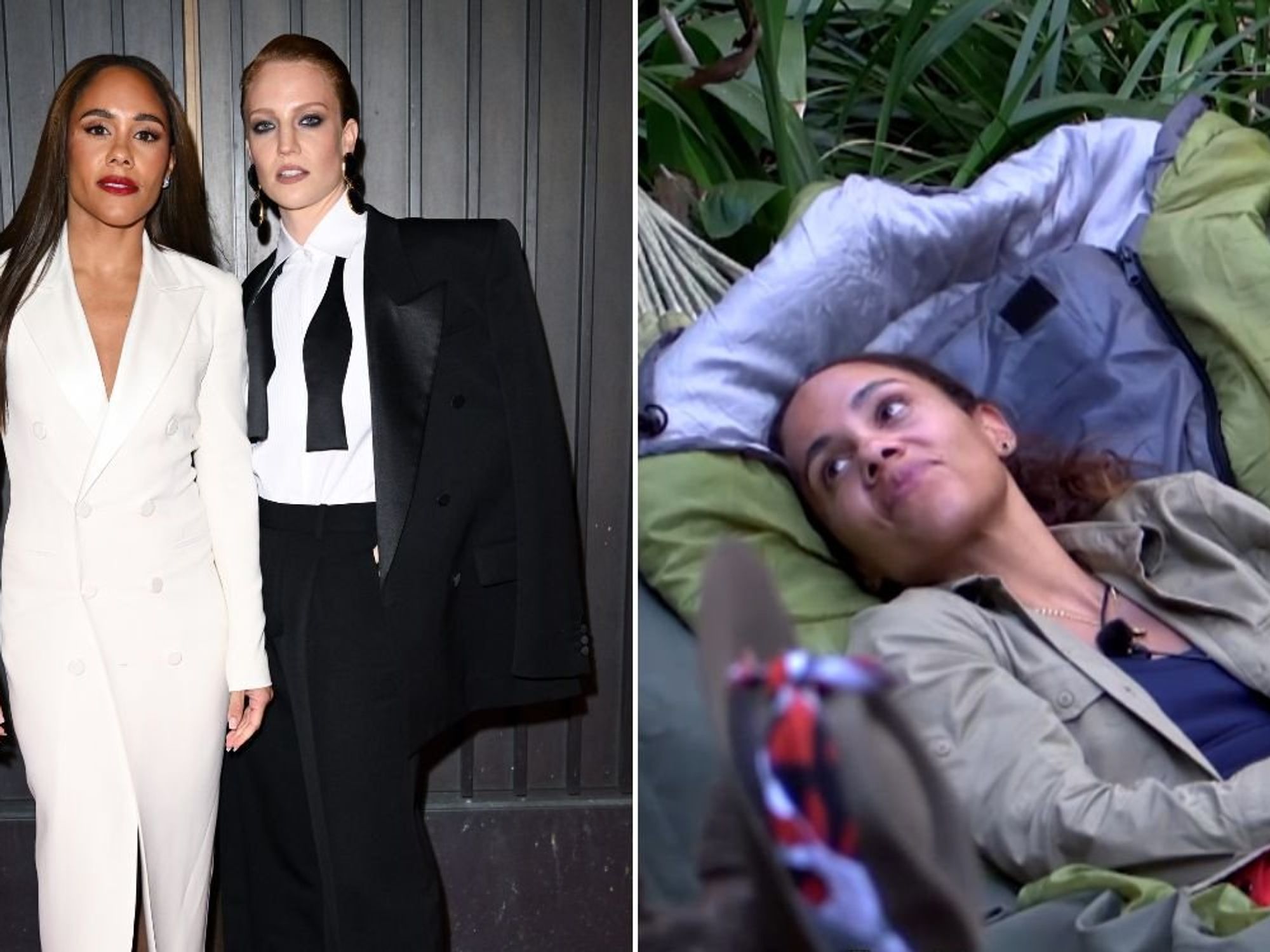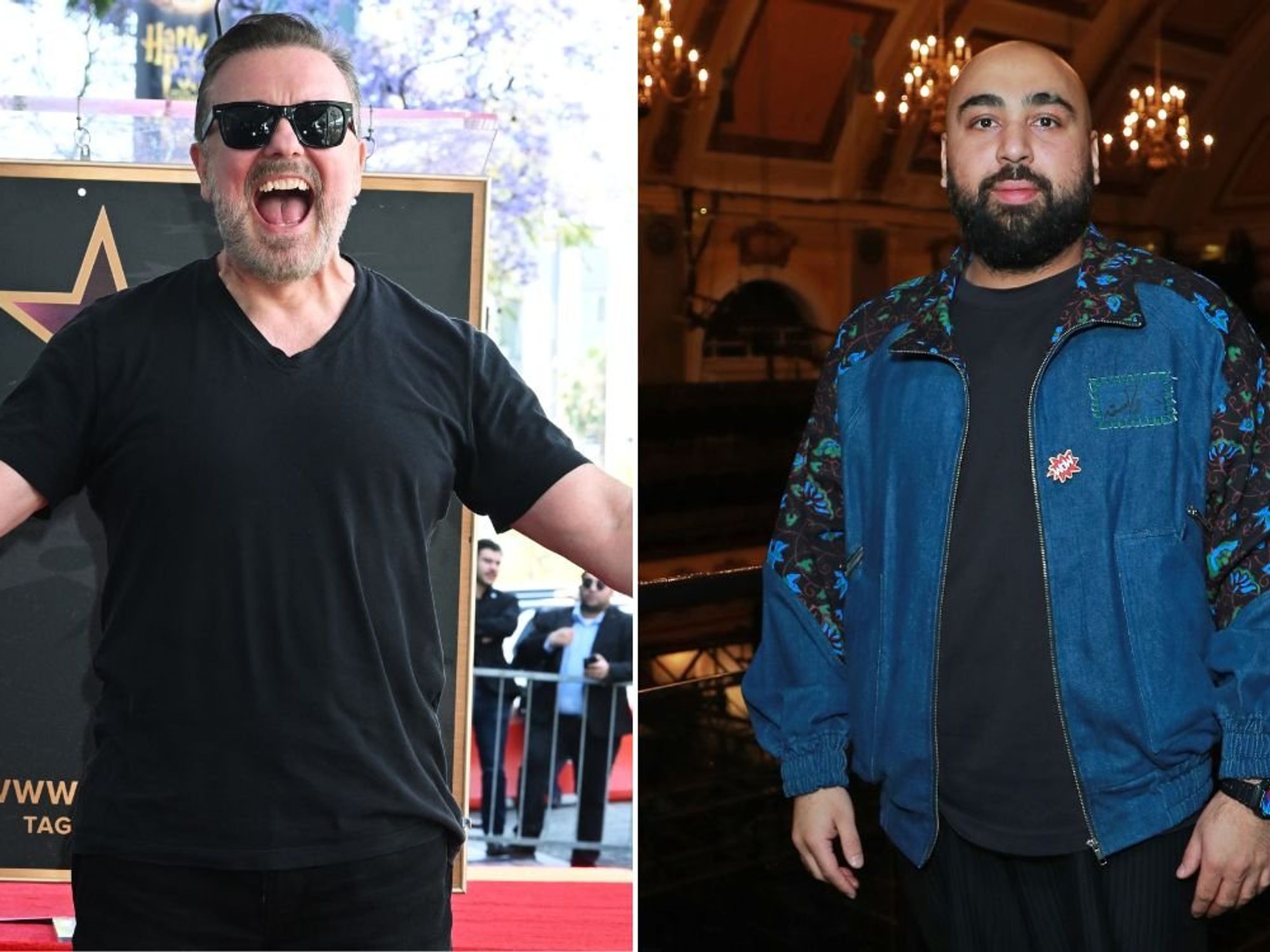England cricket set for crunch legal battle over trans ban as activists demand immediate U-turn

The former Olympian is a staunch believer that biological men shouldn't compete against women in sport
Don't Miss
Most Read
Latest
Transgender rights campaigners are launching legal action against the England and Wales Cricket Board (ECB) over its decision to ban players born male from participating in women’s cricket.
The Good Law Project, led by barrister and activist Jolyon Maugham KC, has written to the ECB demanding the immediate reversal of the policy, which was introduced in the wake of April’s landmark Supreme Court ruling on single-sex spaces.
The court found that, under the 2010 Equality Act, only those born female are legally defined as women in contexts such as sport, prompting several governing bodies to tighten eligibility rules.
The ECB introduced its ban shortly after the judgment, aligning itself with similar measures adopted by the Football Association and the Rugby Football Union.
However, the Good Law Project argues that cricket — a largely non-contact sport — should be treated differently, claiming that the new policy unlawfully discriminates against transgender women and undermines inclusivity at the amateur level.
In a statement the organisation said: “Earlier this year, the England and Wales Cricket Board decided to reverse years of trans inclusion in the amateur game, imposing a blanket ban on trans women being able to play women’s cricket.
“This ban has been insisted upon even where clubs and leagues want to continue to be inclusive. We believe this is unlawful, and we’re taking legal action to fight back.”

Transgender rights campaigners are launching legal action against the England and Wales Cricket Board (ECB) over its decision to ban players born male from participating in women’s cricket
|GETTY
The statement continued: “This ban wasn’t about elite sport or difficult judgments about fairness and safety.
“Rather, their position seems to be that, following the For Women Scotland decision, it cannot be discriminatory to exclude trans women from women’s sport – and they are under no obligation to justify it. We think they are wrong.
“Blanket bans excluding trans people from grassroots sport can have a serious detrimental impact on those people’s lives. For many trans people, participation in amateur sports isn’t just a way to get exercise – it’s where they find community and make friends.
LATEST DEVELOPMENTS
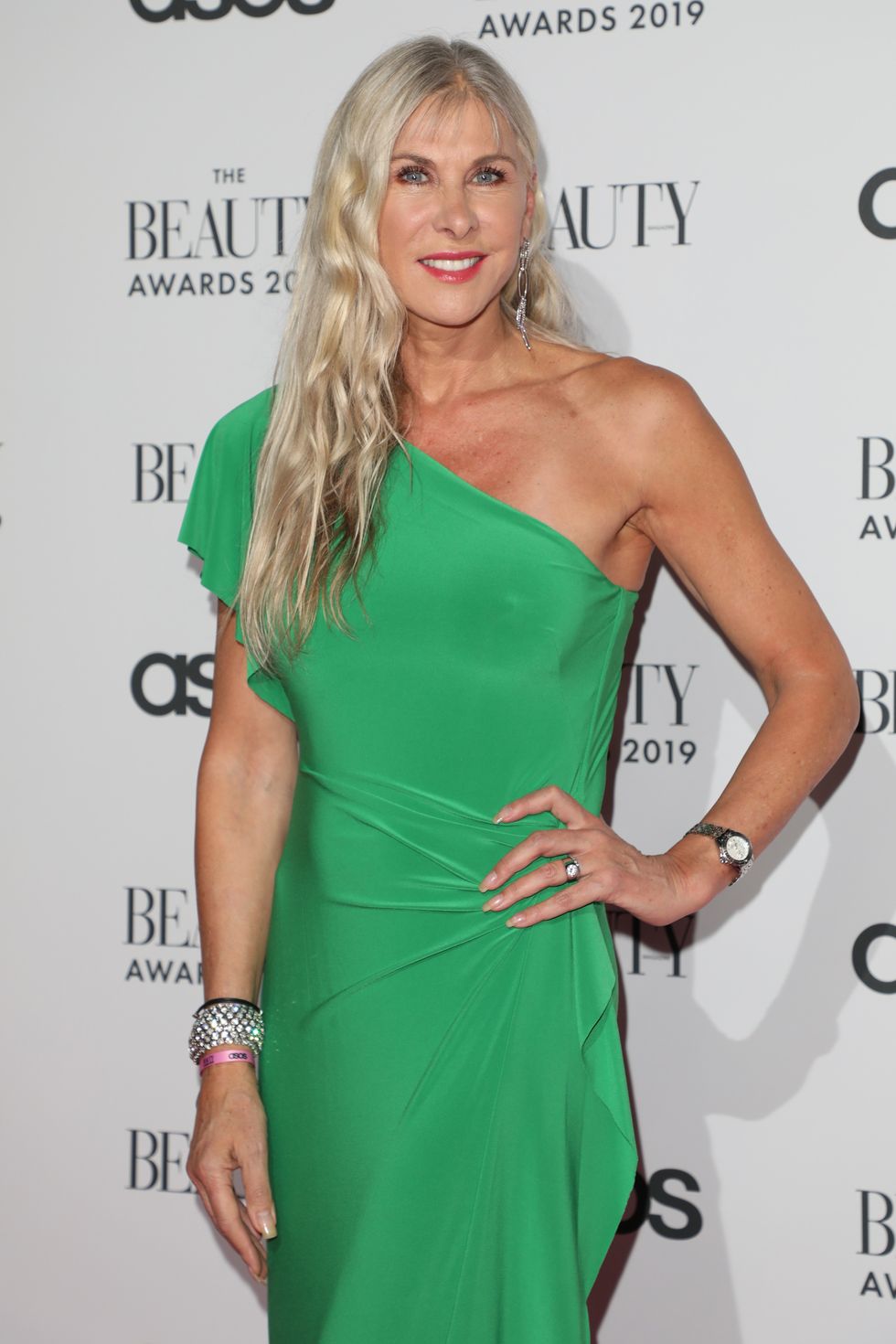
Sharron Davies is 'horrified' that England cricket are facing a legal battle
| GETTY“Being excluded risks isolation and even being outed when asked why they can no longer play. We don’t think trans people should be put in that position just because they want to play sport with their friends.”
The Good Law Project confirmed it has instructed a “top legal team” and has entered into pre-action correspondence with the ECB, outlining its case for why the policy should be overturned.
The group also warned that universities and local teams have been told to enforce similar restrictions, adding urgency to their challenge.
The move has drawn strong criticism from campaigners who support maintaining single-sex categories in women’s sport. Former Olympic swimmer Sharron Davies, a long-standing advocate for female athletes’ rights, condemned the legal challenge.
“I’m horrified,” she told The Telegraph. “Yet again, this is all about shoehorning males into sport for females. The law has made it clear, and science has proved, we cannot remove all male physical advantage.”
Davies argued that safety and fairness must remain paramount even in non-contact sports such as cricket.
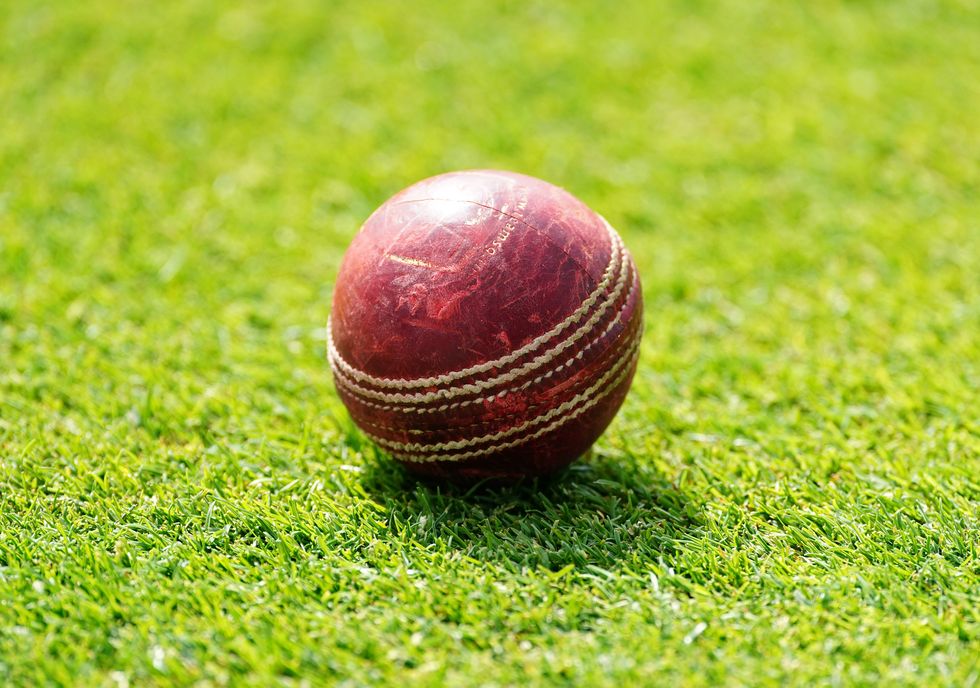
Cricket is a non-contact sport
| PA“In a sport like cricket, where a male can bowl considerably faster and harder, it’s not safe or fair to have non-conforming males in any level of female cricket,” she said.
“We’ve already seen male-on-female injuries. We find girls and women self-exclude when they are treated as less worthy of protection.
“Including males excludes females from female sport. This can’t be allowed to happen anymore.”
The legal challenge against the ECB coincides with a separate case brought by the Good Law Project against the Equality and Human Rights Commission (EHRC). The group accuses the watchdog of “violating” trans people’s privacy rights through interim guidance issued after the Supreme Court ruling. That case is scheduled for a two-day hearing in the High Court next month.
Maugham said in August: “The guidance amounts to a bathroom ban for trans people, violating people’s right to privacy in their everyday lives. Given the evident hostility of the guidance to the rights and dignities of trans people, we are confident the commission will lose.”
As the legal battle looms, cricket’s governing body faces growing scrutiny over how it balances inclusion, fairness and safety — an issue now shaping the wider debate across British sport.






